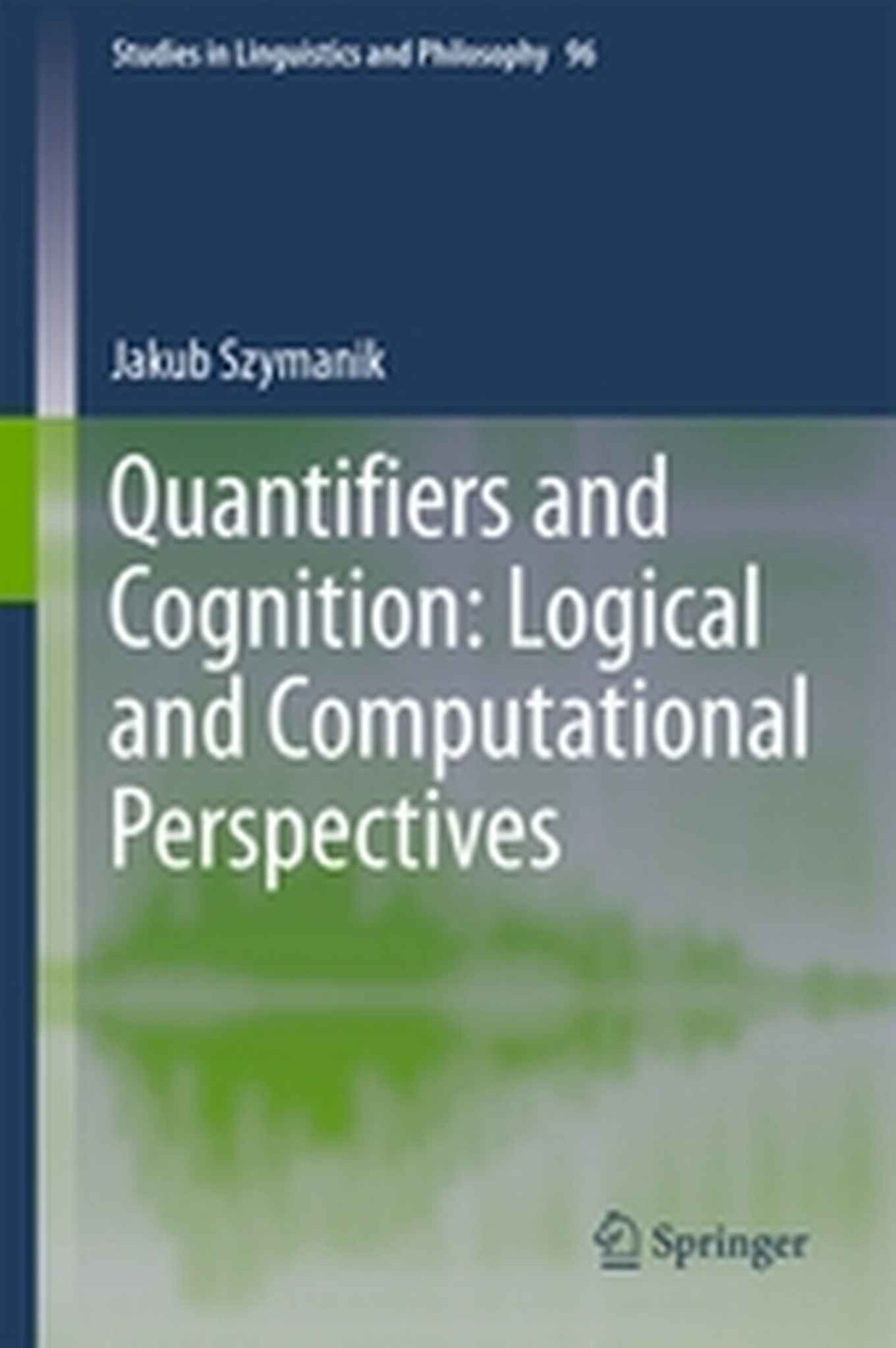Quantifiers and Cognition | Jakub Szymanik
Logical and Computational Perspectives
4 October 2016

Quantifier expressions occur whenever we describe the world and communicate about it. Generalized quantifier theory is therefore one of the basic tools of linguistics today, studying the possible meanings and the inferential power of quantifier expressions by logical means. The classic version was developed in the 1980s, at the interface of linguistics, mathematics and philosophy. Before this volume, advances in "classic" generalized quantifier theory mainly focused on logical questions and their applications to linguistics, this volume adds a computational component, the third pillar of language use and logical activity. This book is essential reading for researchers in linguistics, philosophy, cognitive science, logic, AI, and computer science.
Quantifiers and Cognition: Logical and Computational Perspectives
- Jakub Szymanik
- Switzerland: Springer, 2016
- ISBN: 978-3-319-28747-8